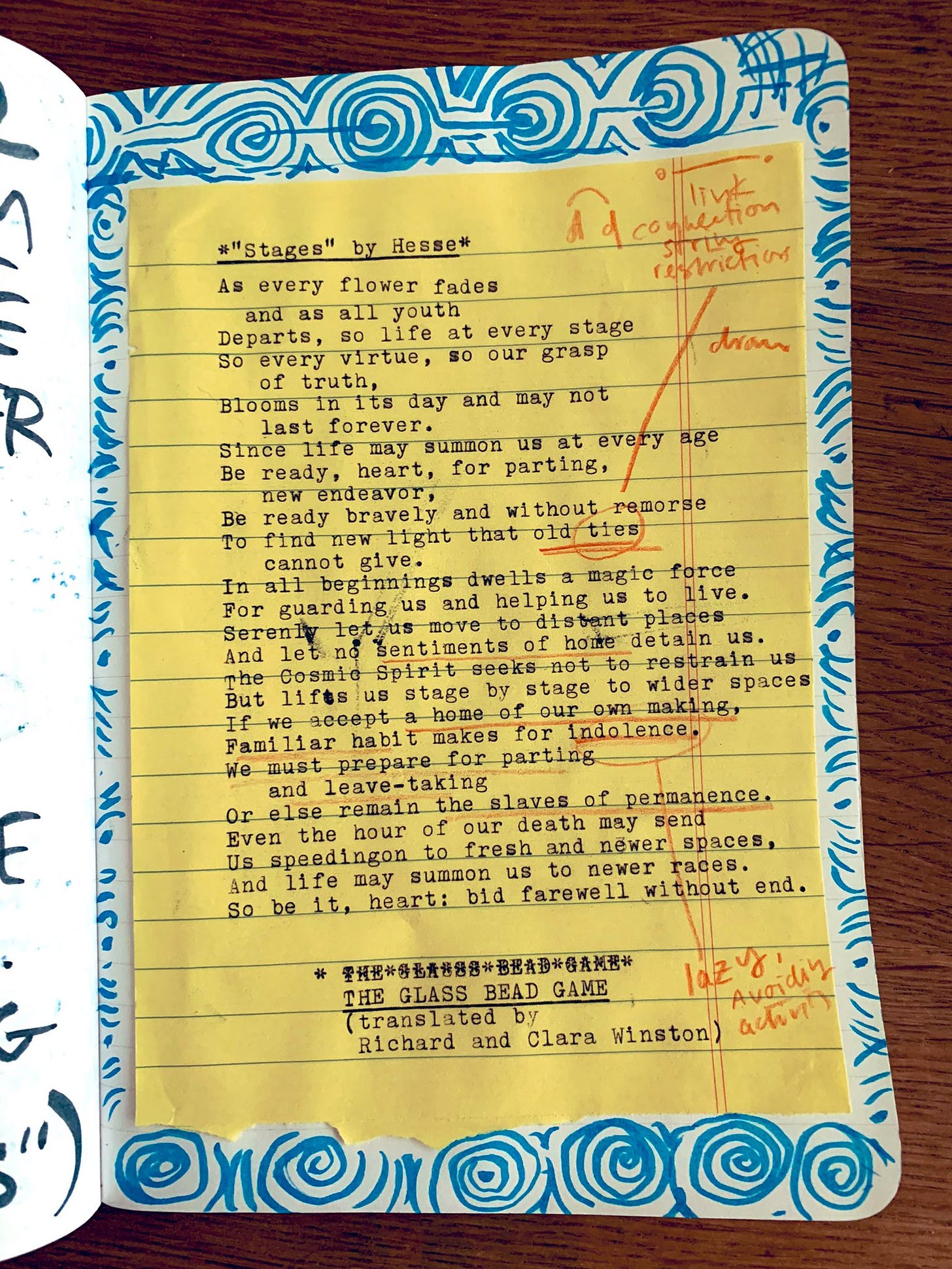Fridge poems
Words good enough to hang on the refrigerator

The refrigerator is the highest honor a poem can aspire to. The ultimate publication...
—Paul Hostovsky1
Hey y’all,
Can you picture your childhood refrigerator? What’s on it? Mine is covered with magnets and Garfield and Peanuts and Cathy comics my mom clipped out of the newspaper and photographs and report cards and pictures I drew in crayon for my mom. It’s a happy place in my mind. A memory machine.
The kitchen is the heart of the home, and the refrigerator is the heart of the kitchen. Everybody uses the refrigerator, which makes it the perfect place to display the things that mean something to us.
One of the worst things to happen to kitchens in the previous decade was the rise in popularity of fancy stainless steel refrigerators that aren’t magnetic. I know people who refused to buy them on principle. (Luckily, our newer stainless steel model is magnetized.)2
On a recent bike ride, my neighbor Hank told me he’d read the afterword to Steal Like an Artist and suggested that I read Herman Hesse’s poem, “Stages.” The poem is from Hesse’s novel, The Glass Bead Game, and is actually presented in the appendix as a posthumous work by one of the main characters. (I “read” the poem the way I read all poems suggested to me: I copied it line-by-line on my typewriter.)
Hank told me he often gives a copy of “Stages” to people who are moving or going through a great life change.
“Oh,” I said, “It’s one of your fridge poems.”
Then I had to explain what I meant: A fridge poem is a poem that means so much to you it’s worth hanging on the fridge.
I’ve saved many such fridge poems over the years, and wanted to share a few with you. (I believe your fridge poems say quite a bit about you.)
Keep reading with a 7-day free trial
Subscribe to Austin Kleon to keep reading this post and get 7 days of free access to the full post archives.



